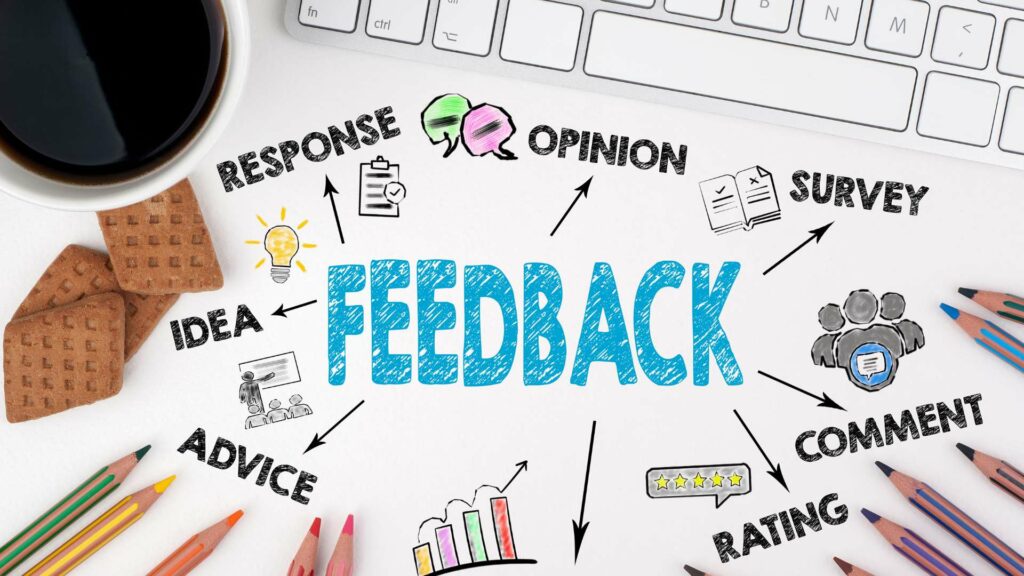Mental health has a significant impact on individuals, and it also plays a crucial role in the workplace. Employers are increasingly recognizing the importance of fostering a positive and supportive environment for their employees’ mental well-being. By addressing mental health in the workplace, organizations can not only attract top talent but also improve employee retention. In this blog post, we will discuss 10 solutions and recommendations for addressing mental health in the workplace to positively influence recruitment and retention.
Promote Open Communication:
Encourage employees to have regular check-ins with their managers to discuss their mental well-being and any challenges they might be facing. Implement an anonymous suggestion box or an online platform where employees can share their concerns or feedback openly.

Establish Mental Health Policies:
Develop a mental health policy that outlines the procedures for seeking support, accommodations, and resources available to employees. This policy should emphasize the organization’s commitment to providing a mentally healthy work environment.
Provide Mental Health Training:
Offer training sessions to managers and employees to increase awareness and understanding of mental health issues. This training can include information on recognizing signs of mental health challenges, promoting self-care, and providing appropriate support.

Foster Work-Life Balance:
Encourage employees to maintain a healthy work-life balance by implementing flexible working hours or remote work options. Provide tools and resources for time management and encourage employees to take regular breaks and vacations to prevent burnout.
Prioritize Employee Well-being Programs:
Organize well-being programs that cater to different aspects of employees’ well-being. For example, offer yoga or meditation classes, provide access to counseling services, or organize workshops on stress management and resilience.
Create a Positive Work Environment:
Foster a positive work environment that values employee contributions and encourages teamwork and collaboration. Recognize and appreciate employees’ achievements and initiatives publicly, creating an uplifting atmosphere.

Offer Mental Health Benefits:
Provide comprehensive mental health benefits, such as coverage for therapy sessions, counseling services, and employee assistance programs. This demonstrates the organization’s commitment to supporting employees’ mental health.
Encourage Workload Management:
Promote realistic workload expectations and ensure employees are not overwhelmed with excessive work. Provide resources and tools to help manage workload effectively, such as task management software or additional support staff during peak periods.
Promote Workforce Diversity and Inclusion:
Create a culture that embraces diversity and inclusion by implementing inclusive policies and practices. Encourage employee resource groups and ensure equal opportunities for career advancement and development.
Regularly Seek Employee Feedback:
Conduct regular surveys or feedback sessions to gauge employee satisfaction with mental health initiatives and workplace environment. Act on the feedback received and make necessary improvements to better support employees’ mental well-being.

In conclusion, prioritizing mental health in the workplace can have a significant impact on recruitment and retention. By implementing solutions such as promoting open communication, establishing mental health policies, providing training, fostering work-life balance, prioritizing employee well-being programs, creating a positive work environment, offering mental health benefits, encouraging workload management, promoting diversity and inclusion, and regularly seeking employee feedback, organizations can create a supportive environment that attracts and retains top talent. This not only enhances the overall well-being of employees but also cultivates a positive employer brand, leading to improved recruitment outcomes and higher employee retention rates. Investing in mental health initiatives is a win-win situation, benefiting both organizations and their employees.






